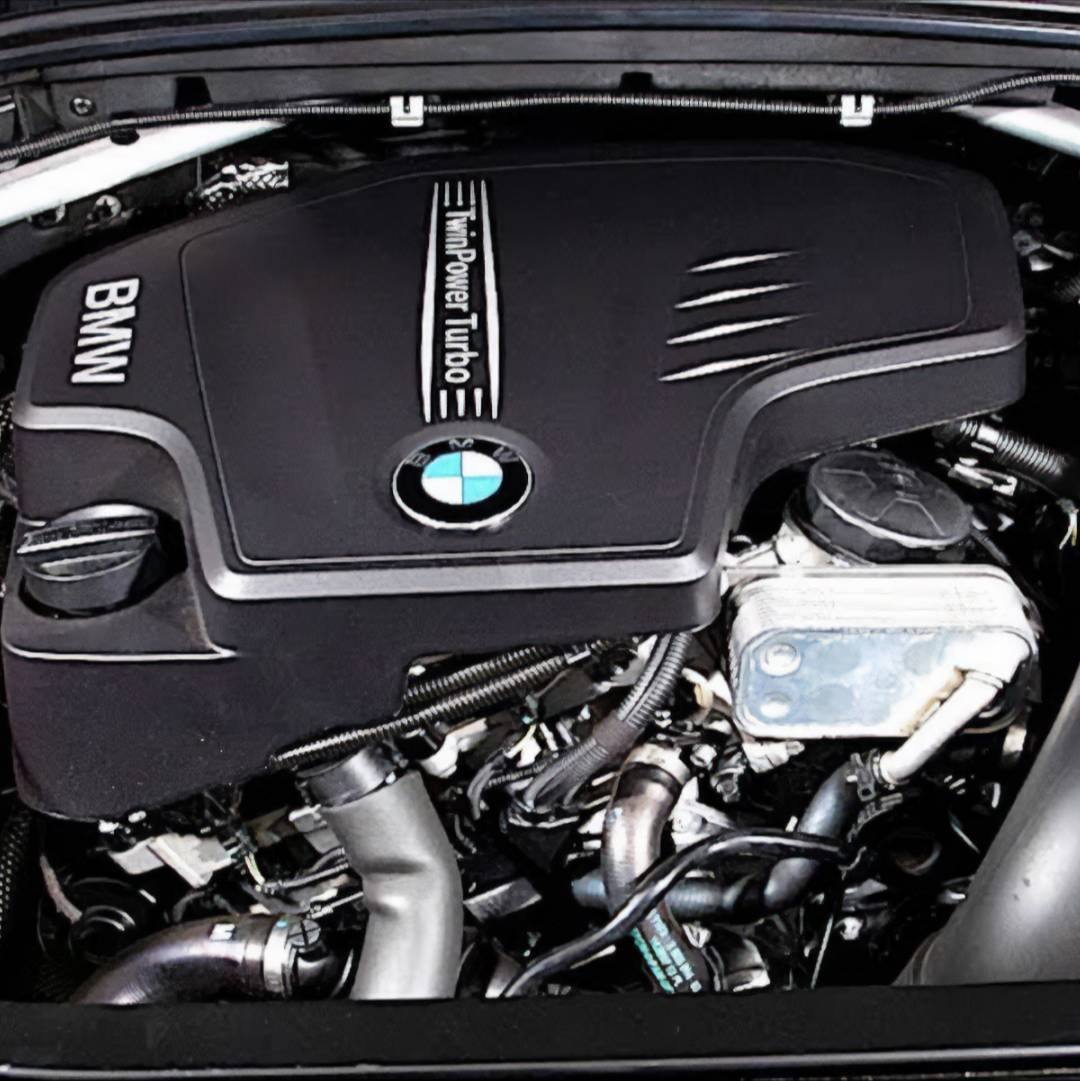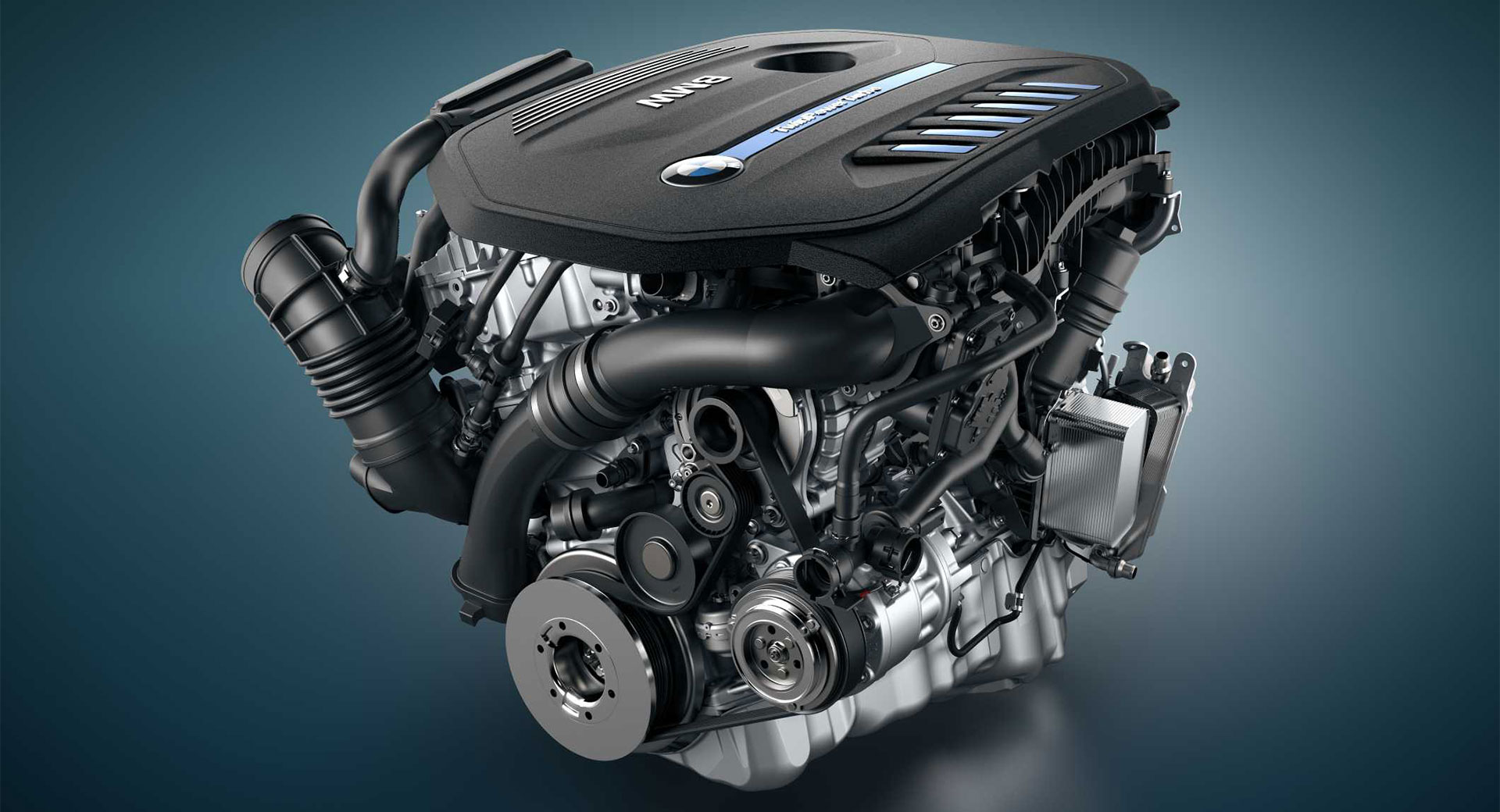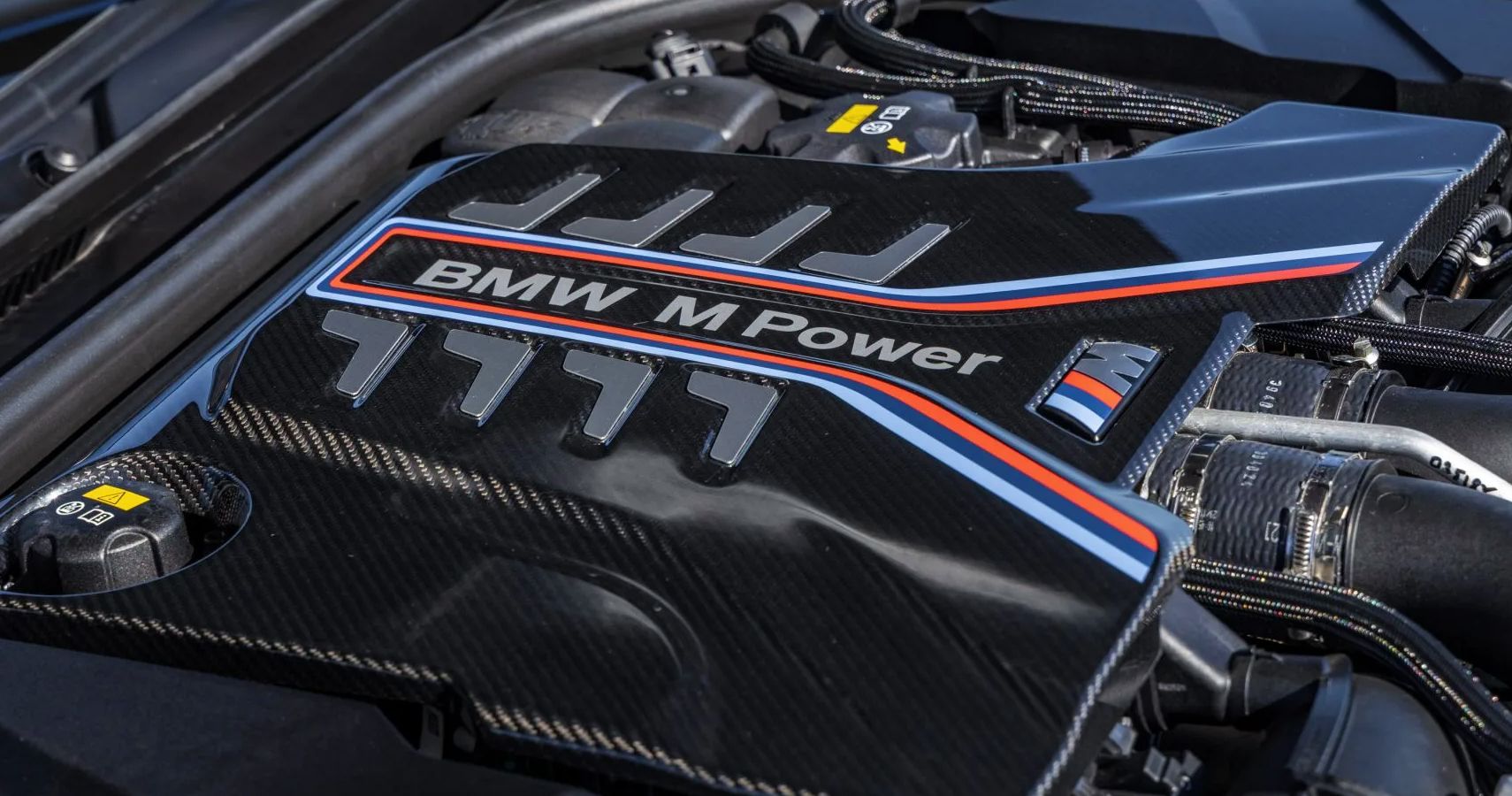Usual Concerns Encountered by BMW Engine Owners and Just How to Fix Them
Usual Concerns Encountered by BMW Engine Owners and Just How to Fix Them
Blog Article
Unveiling the Intricacies of Next-Generation Power Units: a Deep Dive Into Advanced Engine Developments and styles
As we stand on the precipice of a new age in transport, the intricacies of next-generation engine layouts beckon us to explore the sophisticated modern technologies and advancements that promise to redefine the driving experience. Digging much deeper into the worlds of emission control, intelligent engine monitoring systems, and the horizon of power system development, we discover ourselves on the cusp of a makeover that promises to improve the landscape of mobility as we understand it.
Advancement of Engine Materials

The shift in the direction of progressed engine products has actually additionally made it possible for engineers to create engines with greater power results while preserving fuel effectiveness standards. The use of lightweight materials minimizes the total weight of the engine, leading to boosted gas economic climate and reduced exhausts. In addition, advancements in products modern technology have actually enabled far better thermal administration within engines, leading to boosted integrity and long life.
Turbocharging and Supercharging Technologies
Exactly How do Turbocharging and Supercharging Technologies transform engine efficiency and efficiency in modern-day lorries? Turbo charging and turbocharging are technologies that considerably improve engine efficiency by enhancing the quantity of air consumption right into the combustion chamber. Turbocharging attains this by using a turbine driven by exhaust gases to pressurize the consumption air, while supercharging makes use of a belt- or chain-driven compressor to accomplish the very same impact.
These technologies allow smaller sized, much more fuel-efficient engines to generate power comparable to bigger ones, understood as downsizing. By compeling more air right into the cylinders, turbocharging and turbo charging enhance burning efficiency, leading to increased horsepower and torque result without a significant rise in engine size. This results in far better acceleration, pulling capacity, and overall driving efficiency.
Moreover, turbocharging and turbo charging contribute to enhanced gas efficiency by permitting the use of smaller sized engines that consume much less gas under typical driving problems - bmw engine. This combination of boosted efficiency and efficiency has made turbocharging and turbo charging integral components of many modern-day engine designs
Emission Control and Environmental Impact
With raising global problems pertaining to air quality and ecological sustainability, the implementation of exhaust control modern technologies in vehicles plays an essential role in decreasing harmful contaminants released right into the ambience. Modern cars are outfitted with sophisticated exhaust control systems that assist lessen the environmental impact of automotive operations. Catalytic converters, for example, are developed to convert harmful gases such as carbon monoxide, nitrogen oxides, and hydrocarbons right into much less dangerous compounds like carbon dioxide and water vapor.
Furthermore, developments in engine technology, such as the assimilation of exhaust gas recirculation systems and discerning catalytic decrease, have dramatically added to reducing discharges. These technologies work in tandem to maximize burning performance and reduce the launch of dangerous toxins into the air. Additionally, the development of hybrid and electrical cars represents an important step towards lowering the general ecological footprint of the transport field.
Intelligent Engine Monitoring Solution

In addition, these systems make it possible for lorries to meet rigorous emissions requirements without compromising performance, providing a much more environmentally pleasant driving experience. The combination of expert system and artificial intelligence capabilities in engine management systems remains to press the borders of what is feasible, resulting in additional improvements in effectiveness, dependability, and overall vehicle performance. bmw engine. As automobile modern technology advances, intelligent engine administration systems will certainly play an important duty in shaping the future of transport in the direction of a much more sustainable and efficient direction
Future Trends in Power System Advancement
As smart engine monitoring systems pave the means for improved control and optimization in modern lorries, future trends in power device development are positioned to redefine the landscape of automobile propulsion innovations. These alternative power resources use improved efficiency and performance while straightening with rigorous ecological laws.
An additional significant fad is the combination page of sophisticated materials and making strategies. Lightweight materials such as carbon fiber and light weight aluminum are being used to decrease overall lorry weight, boosting gas efficiency and performance. In addition, advancements in 3D printing and additive production are making it possible for the production of complex engine components with higher accuracy and durability.
Furthermore, fabricated intelligence and equipment discovering are playing a vital role in maximizing power system efficiency. These innovations permit real-time surveillance and adaptive control, causing much more reliable and trustworthy power shipment. On the whole, future patterns in power device development are tailored towards efficiency, performance, and sustainability, driving the pop over here auto industry towards a brand-new era of propulsion innovations.

Final Thought
In final thought, the innovations in engine products, turbocharging, emission control, and intelligent administration systems have actually paved the way for next-generation power systems. The detailed designs and advancements in modern-day engines showcase the ongoing advancement of automotive technology.
Exploring the modern improvements in engine products has actually been essential in boosting the efficiency and performance of modern-day engines. Over the years, the advancement of engine materials has actually played a vital duty in pressing the limits of what engines can attain.The change in the direction of progressed engine materials has likewise allowed engineers to create engines with higher power outputs while maintaining fuel efficiency standards.The implementation of intelligent engine monitoring systems in modern-day lorries has actually changed the means engines are regulated and maximized for efficiency and performance. By accumulating information in real-time and analyzing it with sophisticated algorithms, smart engine monitoring systems can adjust to driving designs, environmental variables, and engine wellness to optimize power result while reducing fuel intake and discharges.
Report this page